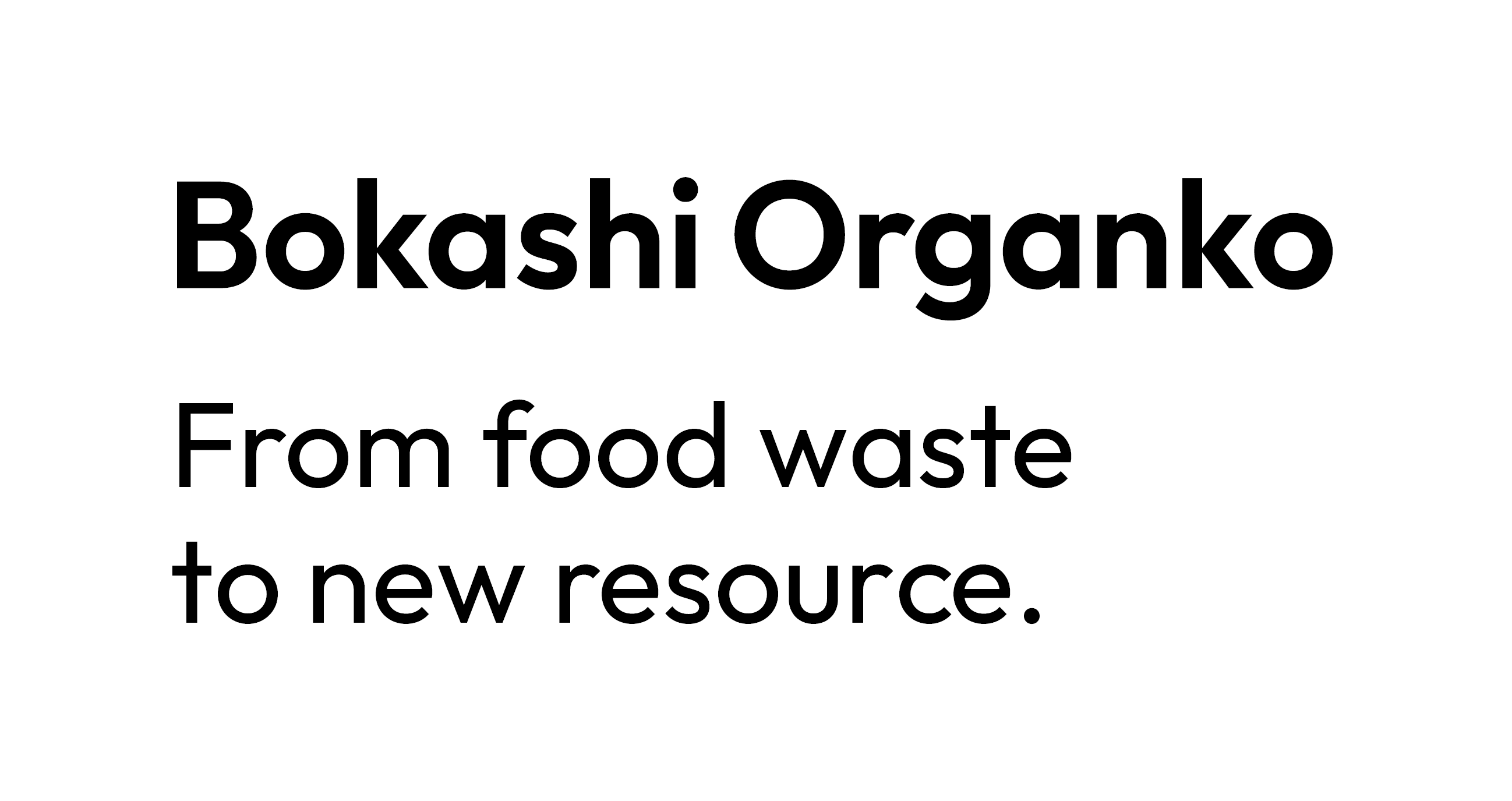The average Slovenian makes almost 500 kg of municipal solid waste per year. In total, we produce 1,025,000 tons of it every year, which represents 12% of all waste generated in our country. In 2018, the amount of municipal solid waste increased by 4% compared to 2017. How worrying is this?
Fear of zero-waste life
You have probably heard about the phrase “zero-waste”. This is a visionary goal that leads society to change their lifestyles and habits to respect sustainable natural cycles, where all waste can be reused.
Many people may be scared of the phrase, since a quick jump from traditional waste management to a zero-waste life is almost unmanageable. Only when we have already decided to start living zero-waste, do we notice and start to understand where all the waste is. Because of this, a feeling of lack of control and helplessness may happen, as a sudden change may even be frightening.

Reuse and recycle
Reusing and recycling are key to living without waste. Waste can be sorted, recycled and composted, and some of it can also be converted into energy.
When we talk about waste, we are not only talking about packaging, but also about organic waste, which in 2018 reached 68 kg per capita. The reasons for the large amount of bio-waste lie in the lack of awareness, knowledge of methods to prevent food waste, improper storage, etc.
10 ways to reduce bio-waste
Here are tips for reducing bio-waste to save money and protect the environment:
- Plan your meals and purchases for the entire next week.
- Consider your financial capabilities. Even when buying groceries.
- Check the expiration dates of foods and first consume those that have a shorter shelf life.
- Make sure the refrigerator is organized, as this is the only way to know what is in it.
- Maintain the refrigerator properly, check the seals and the temperature in it.
- Follow the instructions on the packaging when storing food.
- Serve smaller meals. This is better than throwing a larger amount of food in the trash.
- Freeze food if you have any left over, and use it again later.
- Be creative and use leftovers instead of throwing them in the trash.
- Compost with Bokashi Organko composters and effective microorganisms. Make sure you return to nature with a first-class compost base.
Source: Republic of Slovenia Statistical Office


